I built a calendar control and was adding the week numbers as a final touch, and encountered a problem with every script example I could find on SO and outside of SO (most of which one has copied from the other).
The issue is that when dates fall in partial months, the week calculation seems to mess up and either continue counting when it is the same week in a new month, or it thinks the last full week in a previous month is the same week number as the first full new week in the following month.
Following is a visual demonstration of one of the libraries (they all have their inaccuracies as they generally base their week calculation off a fixed number and build from there) :
You can view the codepen here as the project is rather complex, I have the Date.prototype.getWeek function at the start to play with this easier. Feel free to swap in any code from the samples found here on SO as they all end up funking out on some months.
Some of the calculations used :
- Show week number with Javascript?
- Date get week number for custom week start day
- w3resource.com ISO86901
- epoch calendar - getting ISO week
- Get week of year in JavaScript like in PHP
When running the most current example (2017) from "Get week of year in JavaScript like in PHP", the week returned right now is 42. When you look on my calendar, the week in October right now is showing as 42 which is correct according to here https://www.epochconverter.com/weeks/2018.
Given the example, there are full weeks sharing the same week number - so I don't see how 42 can even be accurate.
Date.prototype.getWeek = function (dowOffset) {
/*getWeek() was developed by Nick Baicoianu at MeanFreePath: http://www.epoch-calendar.com */
dowOffset = typeof(dowOffset) == 'int' ? dowOffset : 0; //default dowOffset to zero
var newYear = new Date(this.getFullYear(),0,1);
var day = newYear.getDay() - dowOffset; //the day of week the year begins on
day = (day >= 0 ? day : day + 7);
var daynum = Math.floor((this.getTime() - newYear.getTime() -
(this.getTimezoneOffset()-newYear.getTimezoneOffset())*60000)/86400000) + 1;
var weeknum;
//if the year starts before the middle of a week
if(day < 4) {
weeknum = Math.floor((daynum+day-1)/7) + 1;
if(weeknum > 52) {
nYear = new Date(this.getFullYear() + 1,0,1);
nday = nYear.getDay() - dowOffset;
nday = nday >= 0 ? nday : nday + 7;
/*if the next year starts before the middle of
the week, it is week #1 of that year*/
weeknum = nday < 4 ? 1 : 53;
}
}
else {
weeknum = Math.floor((daynum+day-1)/7);
}
return weeknum;
};
Here is some code (also tried this) that is Sunday specific (see near the bottom). I am also pasting the relevant snip here :
/* For a given date, get the ISO week number
*
* Based on information at:
*
* http://www.merlyn.demon.co.uk/weekcalc.htm#WNR
*
* Algorithm is to find nearest thursday, it's year
* is the year of the week number. Then get weeks
* between that date and the first day of that year.
*
* Note that dates in one year can be weeks of previous
* or next year, overlap is up to 3 days.
*
* e.g. 2014/12/29 is Monday in week 1 of 2015
* 2012/1/1 is Sunday in week 52 of 2011
*/
function getWeekNumber(d) {
// Copy date so don't modify original
d = new Date(Date.UTC(d.getFullYear(), d.getMonth(), d.getDate()));
// Set to nearest Thursday: current date + 4 - current day number
// Make Sunday's day number 7
d.setUTCDate(d.getUTCDate() + 4 - (d.getUTCDay()||7));
// Get first day of year
var yearStart = new Date(Date.UTC(d.getUTCFullYear(),0,1));
// Calculate full weeks to nearest Thursday
var weekNo = Math.ceil(( ( (d - yearStart) / 86400000) + 1)/7);
// Return array of year and week number
return [d.getUTCFullYear(), weekNo];
}

